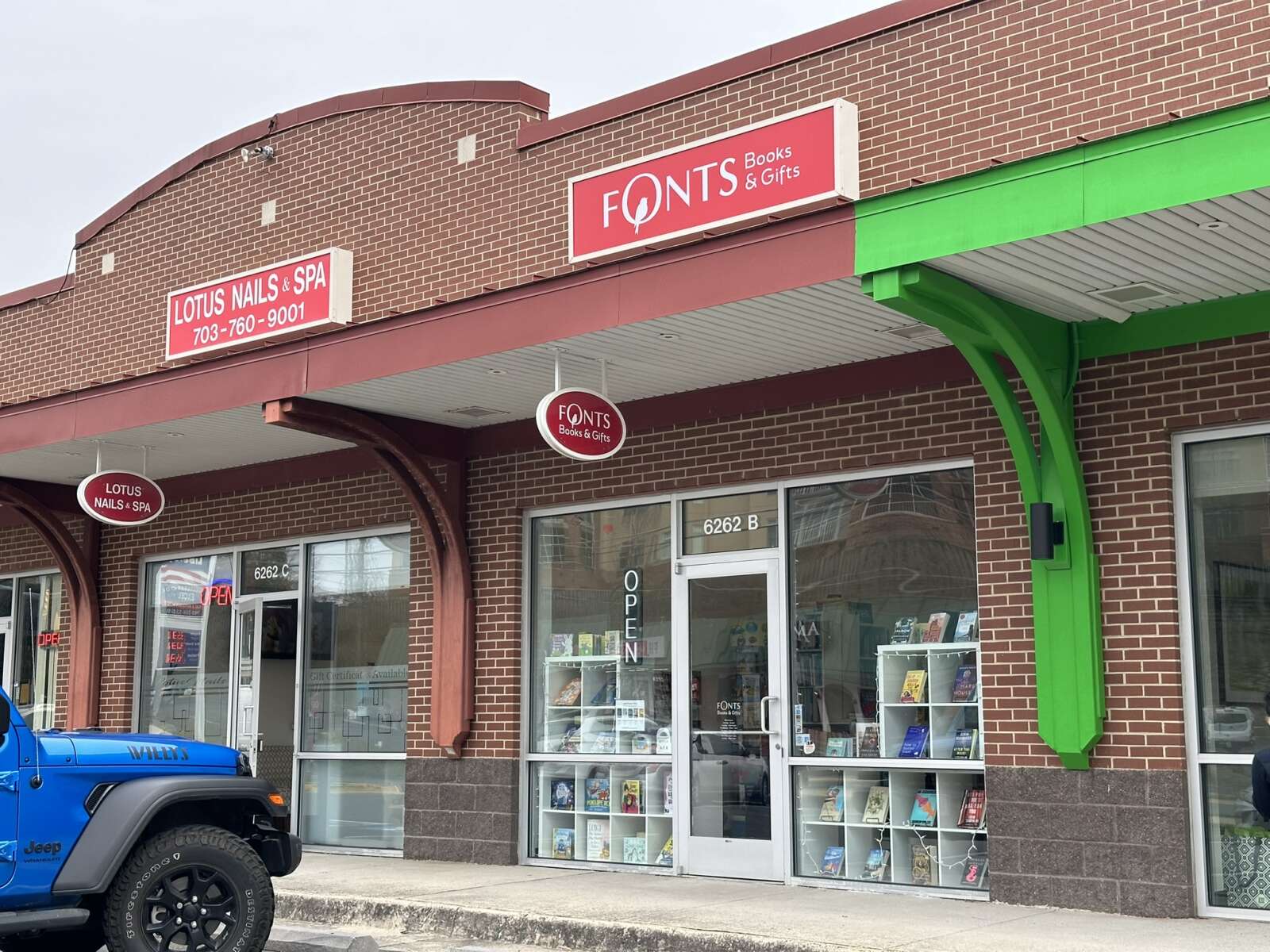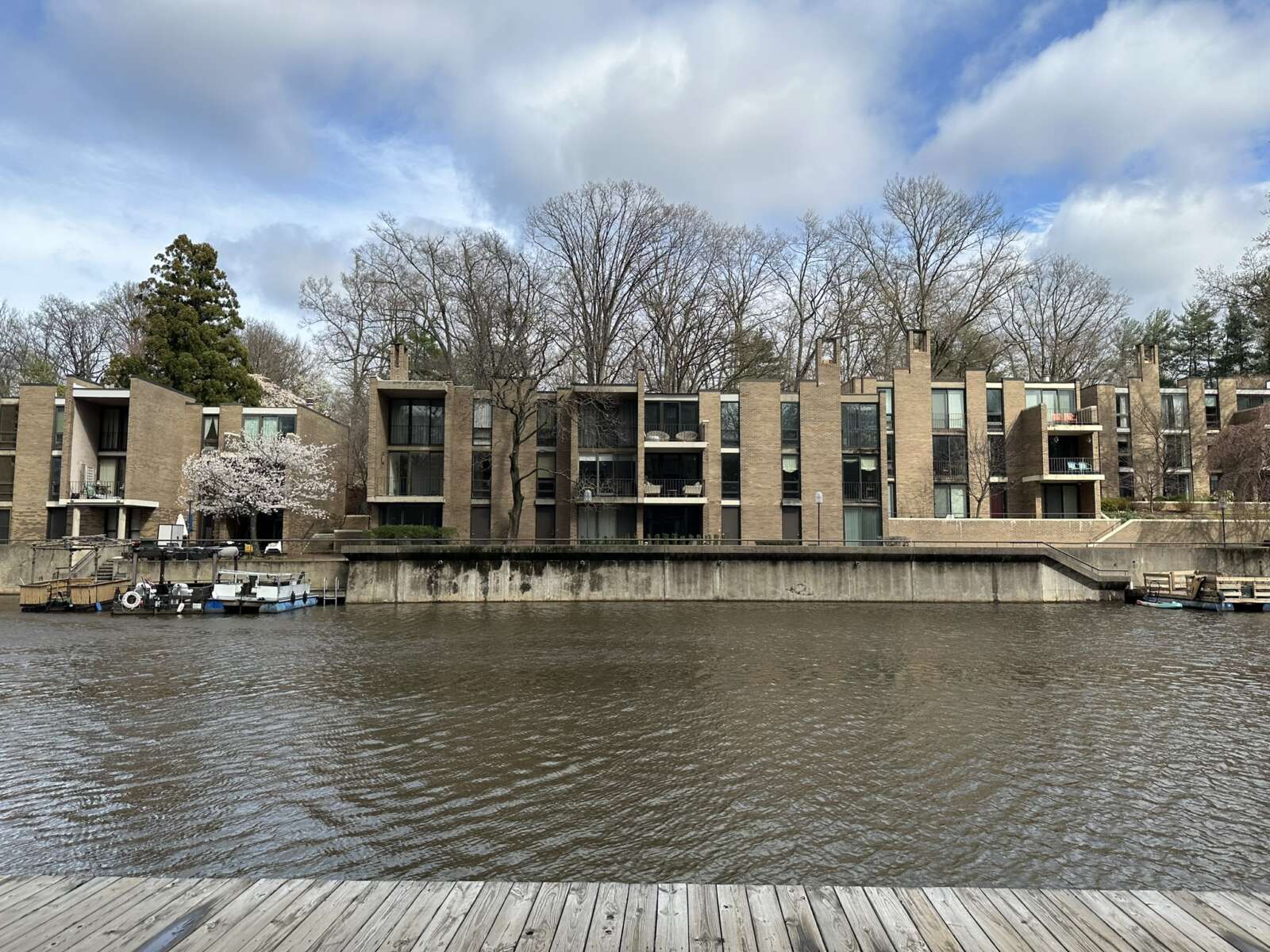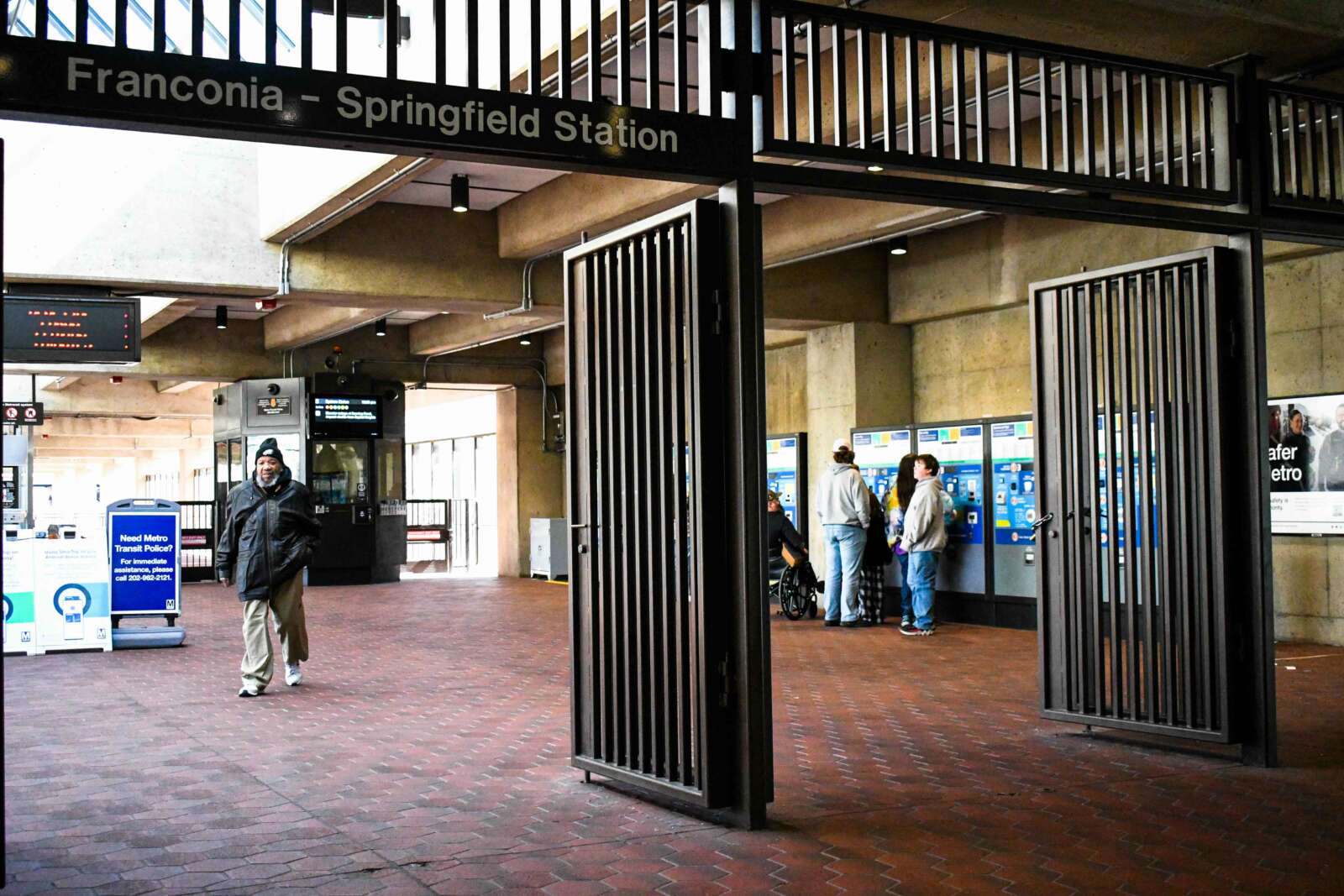 Legislators in the earliest days of the Republic were mostly of the planter class as women, blacks and non-landowners could not vote or hold office. The best time to get away from the plantation and the crops was in the wintertime.
Legislators in the earliest days of the Republic were mostly of the planter class as women, blacks and non-landowners could not vote or hold office. The best time to get away from the plantation and the crops was in the wintertime.
That probably started the custom that continues to today whereby the General Assembly holds its regular session in the winter beginning on the first Wednesday after the firstMonday in January.
In simpler times — and up until 1971 — the state law-making body only met every other year, in the even-numbered years. The current schedule has the House of Delegates and the State Senate meeting for 60 calendar days in the even-numbered years and 30 days, most often extended to 45 days, in the odd-numbered years.
Passage of the biennium budget passed in the even-numbered years is the justification for the more than two weeks additional time. Special sessions are not that unusual, although they seldom extend for more than a few days.
Virginia government is organized around the idea of citizen-legislators. We who serve in the legislature have work and family responsibilities beyond our service as legislators. With the minimal salaries paid — $17, 640 in the House and $18,000 in the Senate — an additional source of income is necessary if one is not independently wealthy. If legislative sessions were lengthened, it would likely impact who could serve as fewer people would be able to leave their work for extended periods of time. I would not support a full-time legislature as it would be likely to lead into governing in areas best left for local government or the private sector.
Legislative work does get done in the interim between legislative sessions. Study committees meet to consider the need for legislation in areas where more time is needed for analysis beyond that available in the regular session. An important study committee this year will consider the need for additional health care reform beyond that passed in the last session.
The Joint Legislative Audit and Review Commission (JLARC) provides legislative oversight with legislative members and a professional staff and conducts some of the most in-depth studies. In 1997 I introduced the legislation to establish the Joint Commission on Technology and Science (JCOTS) and served as its original chair. JCOTS conducts studies, with private-sector and academic technical advisory committee members assisting it, in its mission to study and advise in the development of sound technology and science policy in the Commonwealth.
The summertime provides more opportunities to meet with constituents locally and to learn their needs. The General Assembly is referred to as a part-time legislature, although I spend more than full-time as a member. My retirement status provides me time to work year-round at a job I really enjoy and am honored to have.
Although it is summer, still feel free to call on me whenever you think I can be of assistance to you. Email me at [email protected].
Ken Plum represents Reston in the Virginia House of Delegates.





